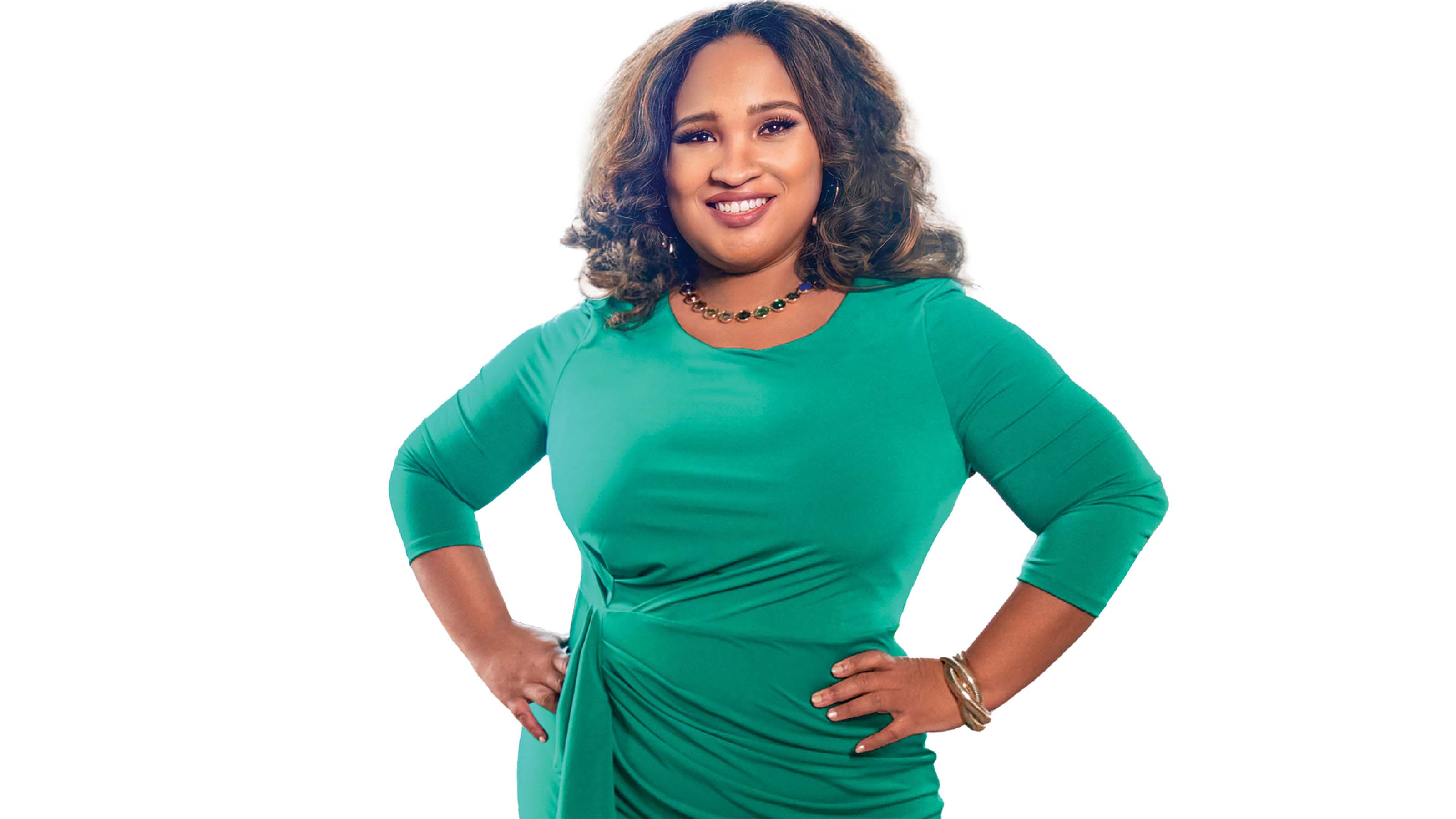Last-Minute Ways to Empty Your Flexible Spending Account
If you still have money in your account, consider some eligible expenses you might not have thought of.


Profit and prosper with the best of Kiplinger's advice on investing, taxes, retirement, personal finance and much more. Delivered daily. Enter your email in the box and click Sign Me Up.
You are now subscribed
Your newsletter sign-up was successful
Want to add more newsletters?

Delivered daily
Kiplinger Today
Profit and prosper with the best of Kiplinger's advice on investing, taxes, retirement, personal finance and much more delivered daily. Smart money moves start here.

Sent five days a week
Kiplinger A Step Ahead
Get practical help to make better financial decisions in your everyday life, from spending to savings on top deals.

Delivered daily
Kiplinger Closing Bell
Get today's biggest financial and investing headlines delivered to your inbox every day the U.S. stock market is open.

Sent twice a week
Kiplinger Adviser Intel
Financial pros across the country share best practices and fresh tactics to preserve and grow your wealth.

Delivered weekly
Kiplinger Tax Tips
Trim your federal and state tax bills with practical tax-planning and tax-cutting strategies.

Sent twice a week
Kiplinger Retirement Tips
Your twice-a-week guide to planning and enjoying a financially secure and richly rewarding retirement

Sent bimonthly.
Kiplinger Adviser Angle
Insights for advisers, wealth managers and other financial professionals.

Sent twice a week
Kiplinger Investing Weekly
Your twice-a-week roundup of promising stocks, funds, companies and industries you should consider, ones you should avoid, and why.

Sent weekly for six weeks
Kiplinger Invest for Retirement
Your step-by-step six-part series on how to invest for retirement, from devising a successful strategy to exactly which investments to choose.
Users of flexible spending accounts face a dilemma each year. FSAs let you spend tax-free dollars on eligible dependent-care expenses or medical and dental charges that aren’t covered by insurance. But you must use the funds by year-end or forfeit the money. Many employers allow a grace period up to March 15; others let you roll over up to $500 into the next plan year.
You can use money in your medical spending account for acupuncture, for example, or for massage to treat a medical condition, with a letter from your doc. Or you could use funds to pay health-club dues or for swim or dance lessons to treat a medical condition, with a letter. Consider nightguards (to stop teeth grinding) and sunscreen (SPF 15 or greater). Use your FSA to pay medical-records charges, or to get reimbursed for mileage to or from appointments.
For busy parents, dependent-care plans will cover kids’ rides to select daily activities, such as summer camp, from a service such as HopSkipDrive, which qualifies as a care provider. It currently operates in southern and central California, but it is expanding. And don’t forget that dependent-care plans can cover elder-care expenses, too.
From just $107.88 $24.99 for Kiplinger Personal Finance
Become a smarter, better informed investor. Subscribe from just $107.88 $24.99, plus get up to 4 Special Issues

Sign up for Kiplinger’s Free Newsletters
Profit and prosper with the best of expert advice on investing, taxes, retirement, personal finance and more - straight to your e-mail.
Profit and prosper with the best of expert advice - straight to your e-mail.
Profit and prosper with the best of Kiplinger's advice on investing, taxes, retirement, personal finance and much more. Delivered daily. Enter your email in the box and click Sign Me Up.

-
 Ask the Tax Editor: Federal Income Tax Deductions
Ask the Tax Editor: Federal Income Tax DeductionsAsk the Editor In this week's Ask the Editor Q&A, Joy Taylor answers questions on federal income tax deductions
-
 States With No-Fault Car Insurance Laws (and How No-Fault Car Insurance Works)
States With No-Fault Car Insurance Laws (and How No-Fault Car Insurance Works)A breakdown of the confusing rules around no-fault car insurance in every state where it exists.
-
 7 Frugal Habits to Keep Even When You're Rich
7 Frugal Habits to Keep Even When You're RichSome frugal habits are worth it, no matter what tax bracket you're in.
-
 Five Ways to Save on Vacation Rental Properties
Five Ways to Save on Vacation Rental PropertiesTravel Use these strategies to pay less for an apartment, condo or house when you travel.
-
 How to Avoid Annoying Hotel Fees: Per Person, Parking and More
How to Avoid Annoying Hotel Fees: Per Person, Parking and MoreTravel Here's how to avoid extra charges and make sure you don't get stuck paying for amenities that you don't use.
-
 Your Guide to Open Enrollment 2023
Your Guide to Open Enrollment 2023Employee Benefits Health care costs continue to climb, but subsidies will make some plans more affordable.
-
 How to Appeal an Unexpected Medical Bill
How to Appeal an Unexpected Medical Billhealth insurance You may receive a bill because your insurance company denied a claim—but that doesn’t mean you have to pay it.
-
 Amazon Prime Fees Are Rising. Here’s How to Cancel Your Amazon Prime Membership
Amazon Prime Fees Are Rising. Here’s How to Cancel Your Amazon Prime MembershipFeature Amazon Prime will soon cost $139 a year, $180 for those who pay monthly. If you’re a subscriber, maybe it’s time to rethink your relationship. Here’s a step-by-step guide to canceling Prime.
-
 Make the Most of the New Workplace
Make the Most of the New WorkplaceEmployee Benefits In the wake of the pandemic, employers are willing to be more flexible and inclusive.
-
 Welcome to the Post-Pandemic Workplace
Welcome to the Post-Pandemic Workplacework life balance There are five generations in the workforce for the first time. Here's how employers are trying to please everyone.
-
 Workers: Expect Higher Salaries and More Perks in 2022
Workers: Expect Higher Salaries and More Perks in 2022Employee Benefits The pandemic economy, the “Great Resignation” and inflation are motivating companies to raise wages and find ways to increase employee satisfaction.